Keywords: Indigenous Voice To Parliament
-
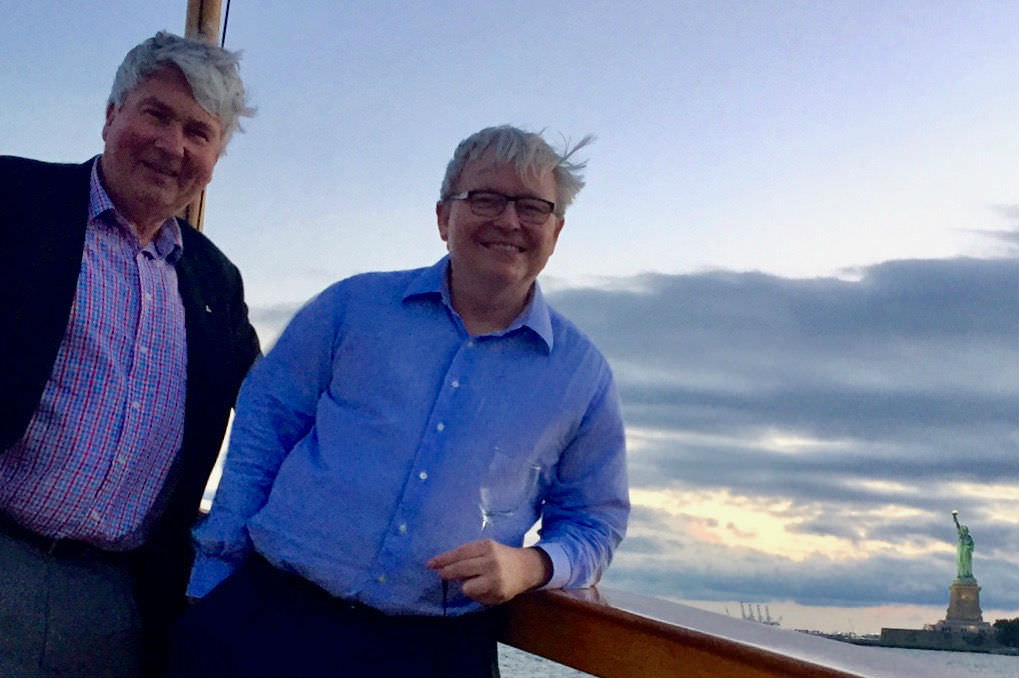
AUSTRALIA
- Frank Brennan
- 30 October 2017
9 Comments
The ogre in the book is John Howard, whom Rudd holds personally responsible for the attacks on Therese's decency and integrity in the lead up to the 2007 election. Rudd contends this 'cowardly behaviour' should not be forgotten, 'If only because this same ruthlessness remains a core part of the conservative DNA to this day'.
READ MORE 
-
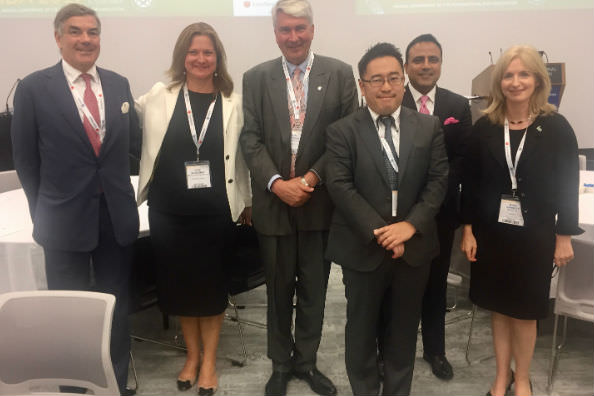
INTERNATIONAL
- Frank Brennan
- 12 October 2017
In the 16th century it was the Dominican friars like Vitoria, Las Casas and Montesino in Salamanca who confronted the state and challenged public opinion about the rights of the indigenous peoples in Spain's newly colonised lands. Not even the most nostalgic and forgiving Jesuit would opine that the modern practitioners of Morality with a capital M challenging the powers of the market and the state would be found in a modern monastery.
READ MORE
-

RELIGION
- Frank Brennan
- 30 August 2017
6 Comments
'There was one controversy in which Lionel Bowen was involved that does provide good lessons for the contemporary Catholic considering the desirable law or social policy on a contested issue - lessons for the citizen weighing what is for the common good. Back in 1979 there was debate in the Parliament on a motion which was framed to stop Medicare funding of abortions. Bowen, a strict Catholic, was strongly opposed to the motion. He did not think the motion was about abortion. He thought it was about money.' Frank Brennan's 2017 Lionel Bowen Lecture
READ MORE
-
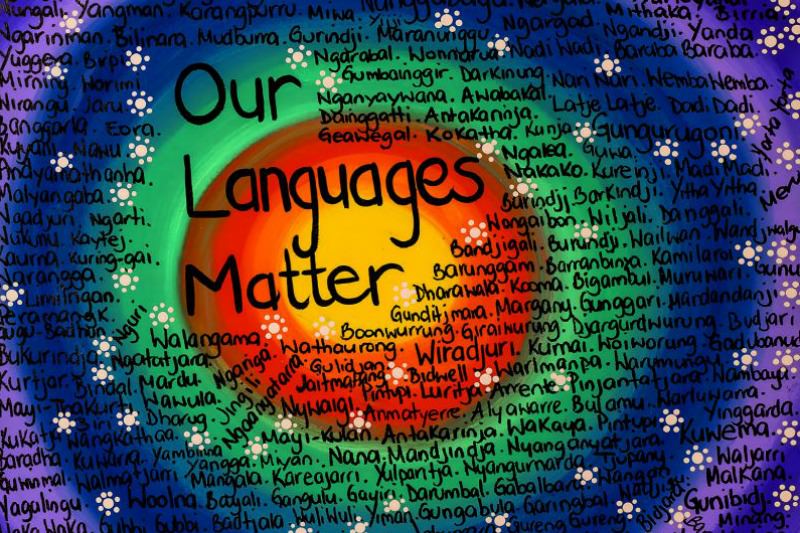
AUSTRALIA
- Frank Brennan
- 04 July 2017
6 Comments
It is no disrespect to those Aborigines and Torres Strait Islanders gathered at Uluru to say that now is the time for the report of the Referendum Council to be scrutinised by our national politicians, and that our elected leaders should pay special heed to the observations of those Indigenous members of the federal parliament who have offered considered reflections on the way forward. In particular, our elected representatives should have regard to the views of Patrick Dodson who is now Bill Shorten's Shadow Assistant Minister for Indigenous Affairs and Aboriginal and Torres Strait Islanders.
READ MORE 
-
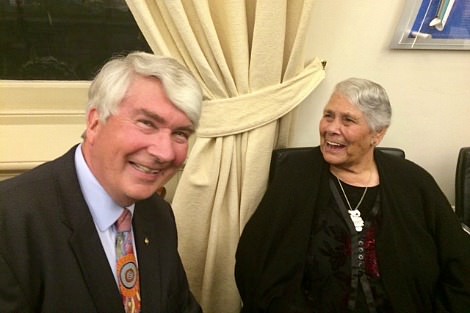
AUSTRALIA
- Frank Brennan
- 31 May 2017
19 Comments
The consultations conducted in Indigenous communities under the auspices and with the financial support of the Referendum Council have yielded a constant message that Indigenous Australians want substantive constitutional change and not just symbolic or minimalist change. The question is: How much should we attempt to put in the Constitution now, and how much should we place outside the Constitution, or delay for constitutional inclusion until another day?
READ MORE 
-

AUSTRALIA
- Frank Brennan
- 31 May 2017
6 Comments
Indigenous leaders this last week have called for the creation of two new legal entities. They want a First Nations Voice enshrined in the Constitution, and a Makarrata Commission set up by legislation. The Makarrata Commission would supervise agreement making between governments and First Nations and engage in truth telling about history. The envisaged destination is a national Makarrata (or treaty). So the immediate constitutional issue is the creation of the First Nations Voice. There is no point in proceeding with a referendum on a question which fails to win the approval of Indigenous Australia. Neither is there any point in proceeding with a referendum which is unlikely to win the approval of the voting public.
READ MORE
-
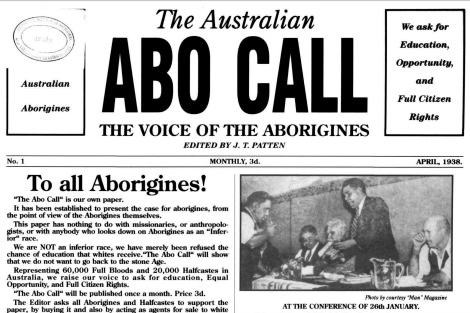
AUSTRALIA
- Dani Larkin
- 23 March 2017
9 Comments
In the face of historically low levels of Indigenous representation in our parliaments, the Indigenous caucus between Commonwealth, State and Territory Labor representatives points to some progress. It is aimed at increasing Indigenous voter engagement figures, increasing Indigenous Labor candidacy, and developing strategic plans that encourage Indigenous students to become young leaders in Parliament. Those are all necessary and noteworthy causes. But we have a long way to go.
READ MORE 
-
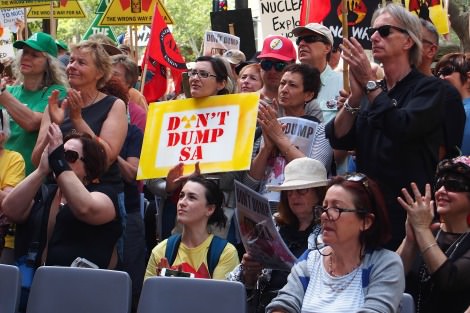
ENVIRONMENT
- Michele Madigan
- 13 February 2017
9 Comments
'It will be your artists: the poets, painters, actors, dancers, musicians, orators - they will be the ones to lead the changes.' It was one of the many international invited guests, a Maori woman speaker, who made this prediction to the huge 40,000 strong crowd that marched to Hyde Park, Sydney, on 26 January 1988. In South Australia almost 30 years later, this prophecy continues to unfold in the high-stakes battle for country that surrounds the proposed nuclear waste dump.
READ MORE 
-

ENVIRONMENT
- Frank Brennan
- 28 November 2016
'No matter what the economic, political and legal problems confronted by modern day India, our response can be improved by an application of the key principles and norms developed in the international law of trade and human rights, helping to enunciate the realm of law, regulation and political accountability, enhancing public scrutiny providing the right environment for doing business.' Frank Brennan presents the 25th JRD Tata Oration, Xavier School of Management, Jamshedpur, India, 26 November 2016.
READ MORE
-
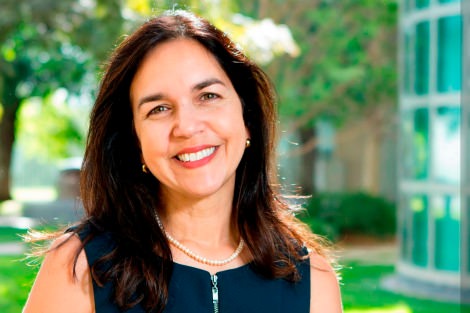
AUSTRALIA
- Jarni Blakkarly
- 21 June 2016
11 Comments
Across the political spectrum, Australia's major and minor parties are failing to reflect the multicultural Australia of the 21st century. We have fallen far behind similar nations like Canada, who elected 19 Indian-Canadians alone, and ten indigenous parliamentarians, at their last election. Who we elect to our parliament is not just about the gesture, it is also a reflection of where power lies within our society, and whose voices are given the space to be heard to represent the community.
READ MORE 
-
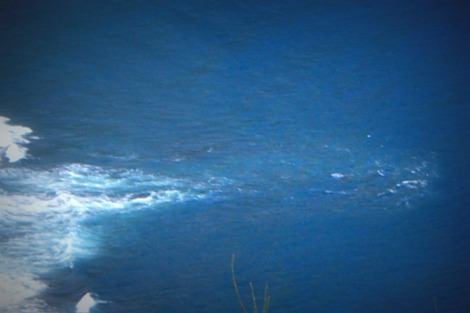
AUSTRALIA
- Andrew Hamilton
- 09 June 2016
10 Comments
Election times are full of sound and fury, much of it broadcast on a loop. But they are also marked by silences. These silences indicate concealed perils in society. Asylum seekers and young Indigenous people are spoken about, often noisily, but always as the object of policy, not as people whose lives have been blighted by policy. The human beings who suffer are shrouded in silence. This silence is an ethical silence that covers people whom we want to keep out of mind.
READ MORE 
-
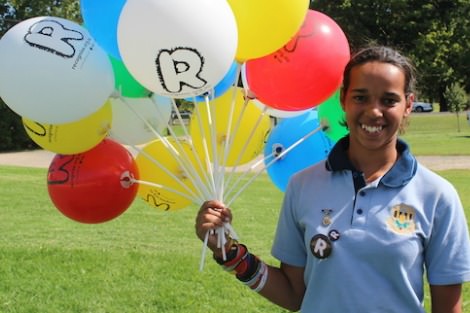
AUSTRALIA
- Kate Galloway
- 18 May 2016
19 Comments
Newly appointed Senator for Western Australia, Pat Dodson, in his first week on the job, raised the thorny political question of treaty. I see the need for both treaty and constitutional reform, which support each other in promoting justice for Aboriginal and Torres Strait Islander Australians. But the limitations of my understanding are both that I am a lawyer, and that I am not an Indigenous Australian. I need to heed the diverse voices of Indigenous Australia in understanding what is truly at stake.
READ MORE 